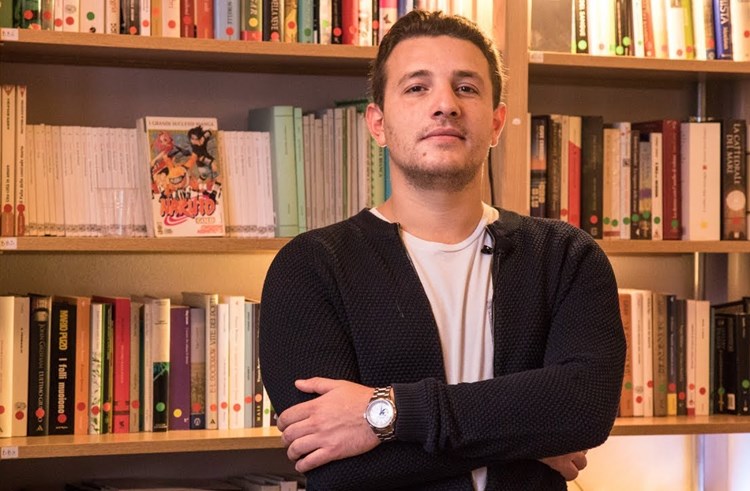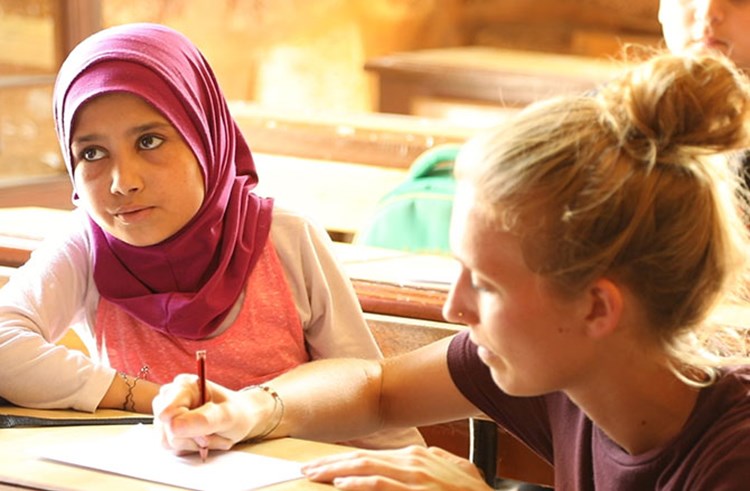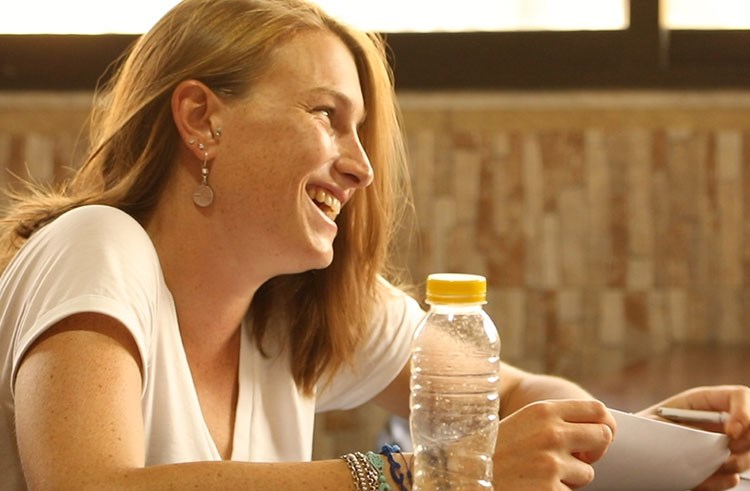Mini markets and taxi drivers don’t speak in English!
This project came to life within a few months. Serj and Alexandre chose the house, renovated its rooms, turning them into spacious classrooms, supplied it with electricity and water cycles, and announced the beginning of classes in both the centre and the institute. One of the Italian students in Levantine Institute told us that she absolutely loved the Arabic language and gets the chance to practice it while helping the kids in the afternoon with their studies, where she is obliged to communicate with them using their mother language. She noted that people in Tripoli, especially small business owners and drivers, aren’t very capable of understanding English, let alone speak it, so learning Arabic was first a survival necessity, only soon enough to become easier to use with the practice she does in the centre with children.


